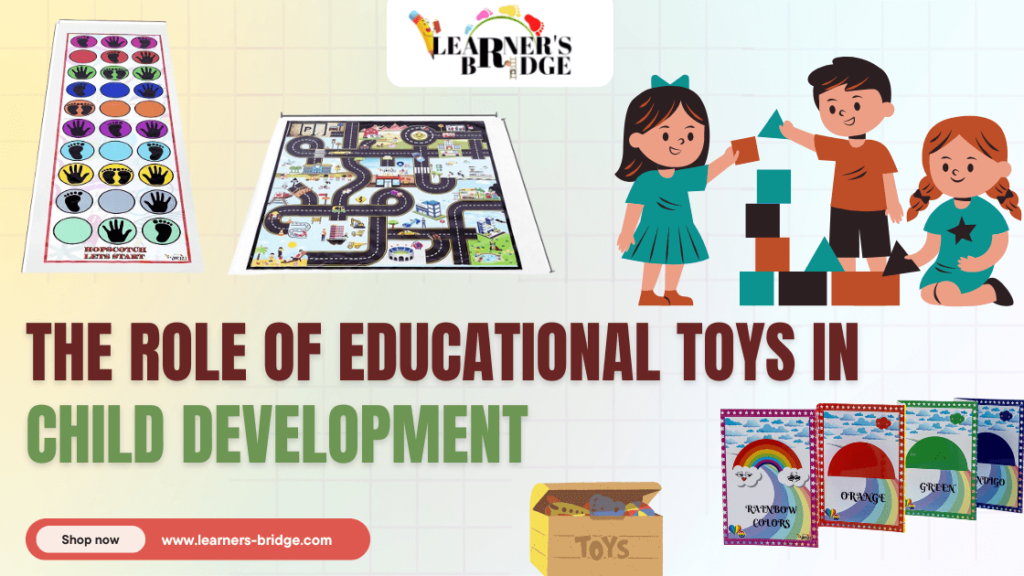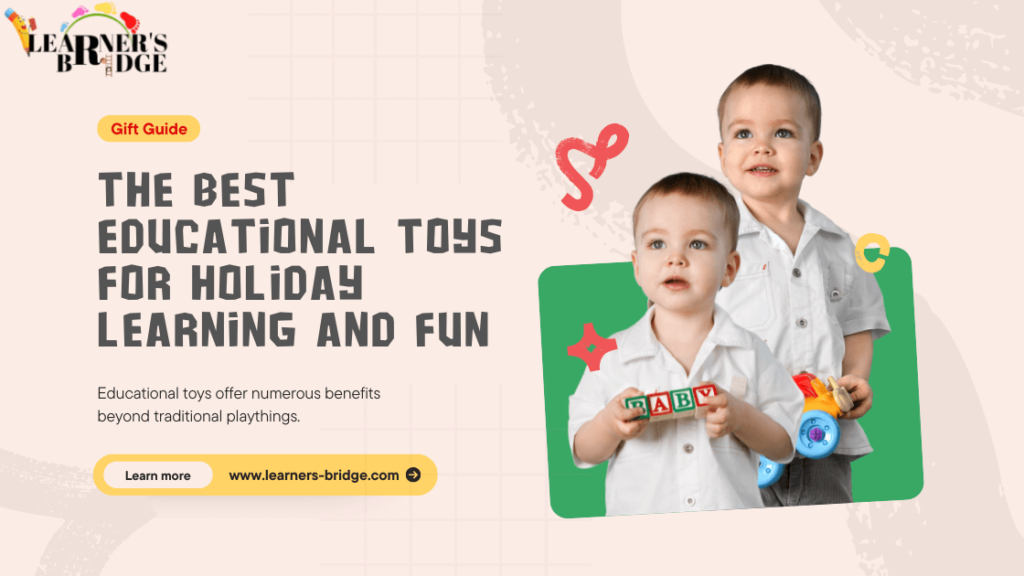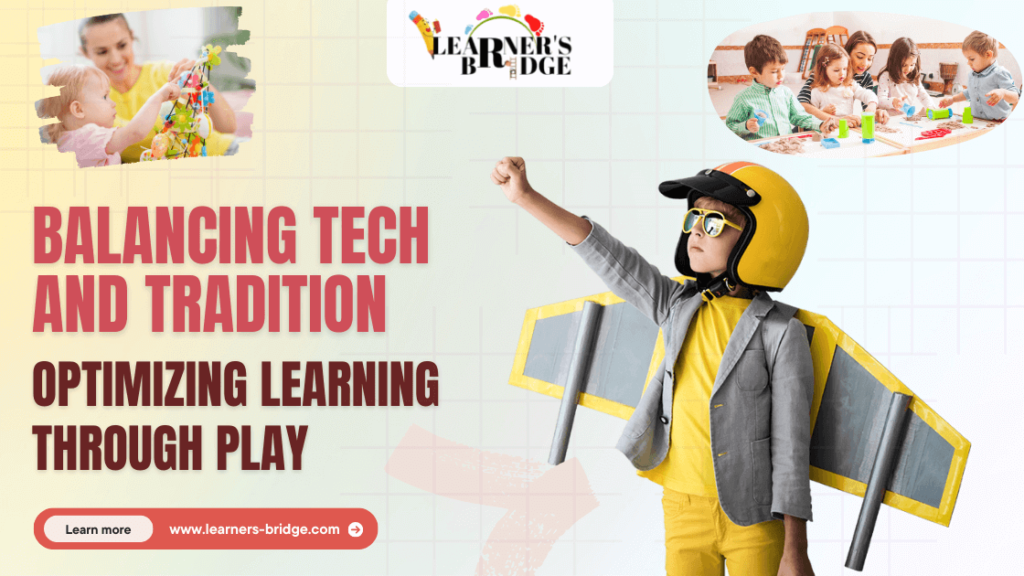
In the journey of childhood development, play is not merely a pastime; it’s a powerful tool for learning and growth. Educational toys, designed with specific learning objectives in mind, play a crucial role in shaping a child’s cognitive development, social skills, emotional intelligence, and physical development. In this blog, we delve into the significance of educational toys and how they contribute to the holistic development of children.
Understanding Child Development:
Before we explore the impact of educational toys, let’s briefly discuss the stages of child development. From infancy to adolescence, children go through various developmental milestones that shape their abilities and behaviors. These stages include physical milestones like crawling and walking, cognitive milestones like language acquisition and problem-solving, social milestones like forming friendships, and emotional milestones like empathy and self-awareness.
The Power of Play:
Play is the natural language of childhood, and through play, children explore, experiment, and make sense of the world around them. Play is not just enjoyable; it’s essential for brain development. It stimulates neural connections, enhances problem-solving skills, and fosters creativity. Moreover, play is a primary avenue for children to develop social skills, emotional resilience, and self-regulation.
What Are Educational Toys?
Educational toys are specially designed objects that facilitate learning in children while they play. Unlike traditional toys, educational toys are intentionally crafted to target specific areas of development, such as literacy, numeracy, fine motor skills, and critical thinking. These toys come in various forms, including puzzles, building blocks, interactive games, and role-play sets.
Benefits of Educational Toys:
- Cognitive Development: Educational toys stimulate cognitive abilities such as memory, attention, and problem-solving. For example, puzzles and brainteasers encourage logical thinking and spatial awareness.
- Language Development: Toys that incorporate language-rich activities like storytelling and pretend play promote vocabulary expansion and language fluency.
- Fine Motor Skills: Activities like threading beads or manipulating building blocks enhance hand-eye coordination and fine motor dexterity.
- Social Skills: Cooperative games and role-play toys facilitate social interaction, cooperation, and conflict resolution among children.
- Emotional Regulation: Dolls, puppets, and emotion-themed toys help children understand and express their feelings, fostering emotional intelligence.
How to Choose the Best Educational Toys for Child Development
When it comes to selecting educational toys for your child’s development, it’s essential to consider several factors to ensure you’re making the most beneficial choices. Here’s a comprehensive guide on how to choose the best educational toys:
- Understand Your Child’s Developmental Needs: Start by understanding your child’s current developmental stage and areas where they could use support. Consider their age, interests, and any specific skills they are working on.
- Identify Learning Objectives: Look for educational toys that align with specific learning objectives. Whether it’s enhancing cognitive abilities, promoting social skills, or fostering creativity, choose toys that cater to your child’s developmental goals.
- Opt for Age-Appropriate Toys: Select toys that are suitable for your child’s age and developmental level. Age recommendations on toy packaging can help guide your selection process and ensure safety and suitability.
- Consider Interests and Preferences: Take into account your child’s interests and preferences when choosing educational toys. Toys that align with their interests are more likely to engage them and sustain their interest over time.
- Promote Open-Ended Play: Choose toys that encourage open-ended play and allow for multiple ways of interaction. These toys stimulate creativity, problem-solving skills, and imagination, providing endless opportunities for learning and exploration.
- Balance Fun and Learning: While educational toys are designed to facilitate learning, they should also be enjoyable and engaging for children. Look for toys that strike a balance between fun and educational value to ensure your child stays motivated and enthusiastic.
- Quality and Durability: Invest in high-quality educational toys that are durable and built to last. Quality toys withstand repeated play and can be passed down to younger siblings or other children, maximizing their value over time.
- Seek Educational Variety: Introduce a variety of educational toys to provide diverse learning experiences for your child. Incorporate toys that target different skills and domains, including literacy, numeracy, fine motor skills, and critical thinking.
- Read Reviews and Recommendations: Before making a purchase, read reviews and seek recommendations from other parents, educators, or trusted sources. Their insights can help you make informed decisions and discover new educational toys that you may not have considered.
- Engage in Play Together: Finally, actively participate in playtime with your child and engage in interactive play sessions with educational toys. Your involvement not only strengthens your bond but also enhances your child’s learning experience through shared exploration and discovery.
By following these guidelines, you can confidently choose the best educational toys to support your child’s holistic development and nurture their love for learning.
Buy Educational Toys from Learners Bridge:
Ready to explore the world of educational toys and unleash your child’s potential?
Visit Learners Bridge, your one-stop destination for a wide range of educational toys designed to inspire learning and creativity. Browse our curated collection and find the perfect toys to support your child’s development journey. From STEM kits to literacy games, we have something for every age and interest. Shop now and embark on a fun-filled learning adventure with Learners Bridge! Visit Now
Conclusion:
Educational toys serve as catalysts for learning and development, providing children with engaging experiences that promote growth across various domains. By integrating educational toys into playtime, parents and educators can nurture children’s curiosity, skills, and confidence, laying a strong foundation for lifelong learning and success. Embrace the power of play and witness the transformative impact of educational toys on child development.



